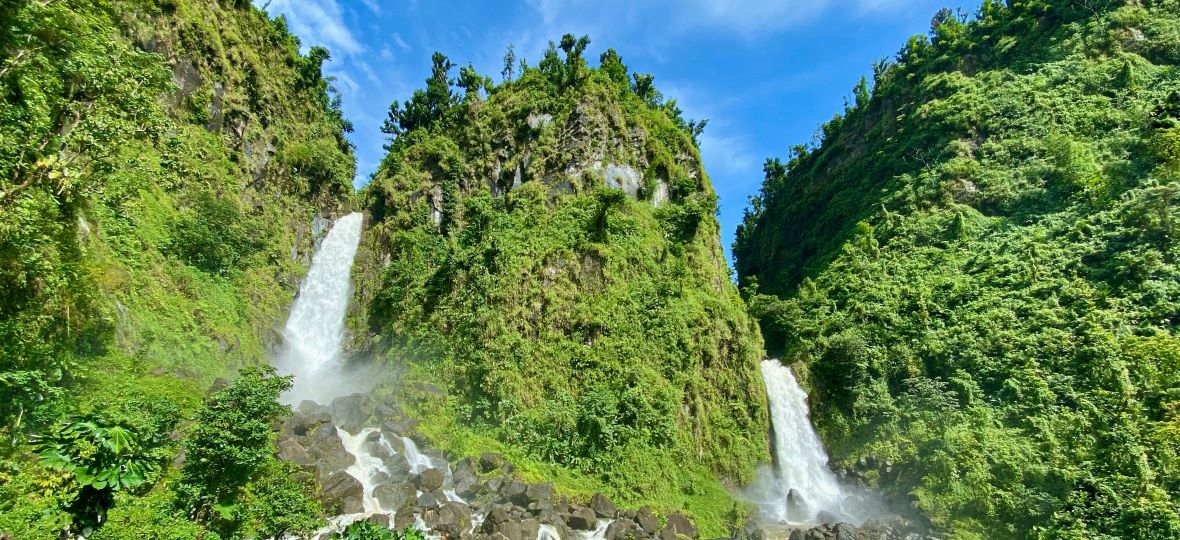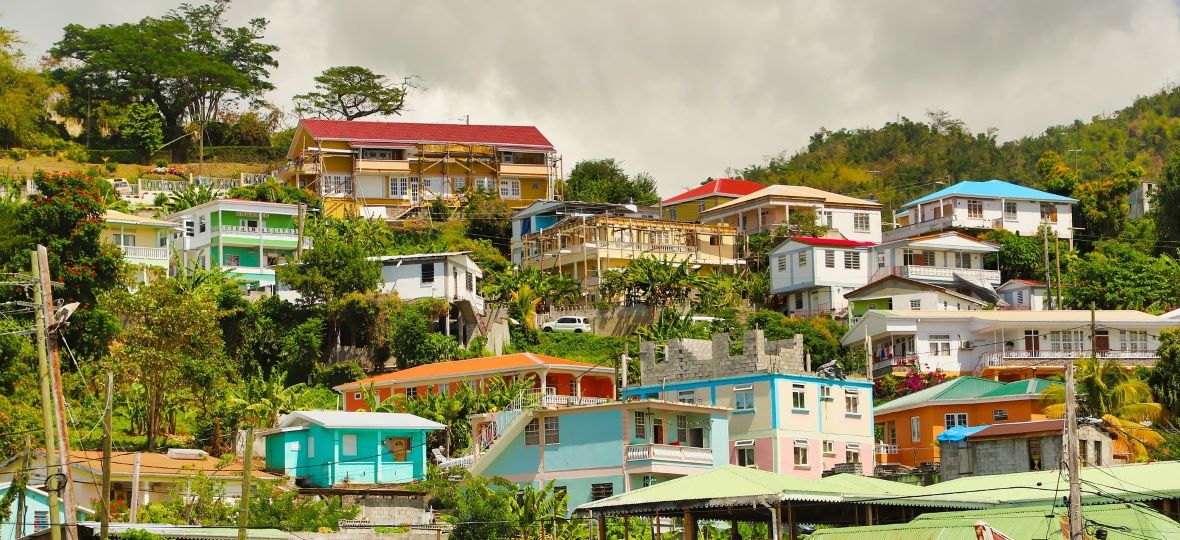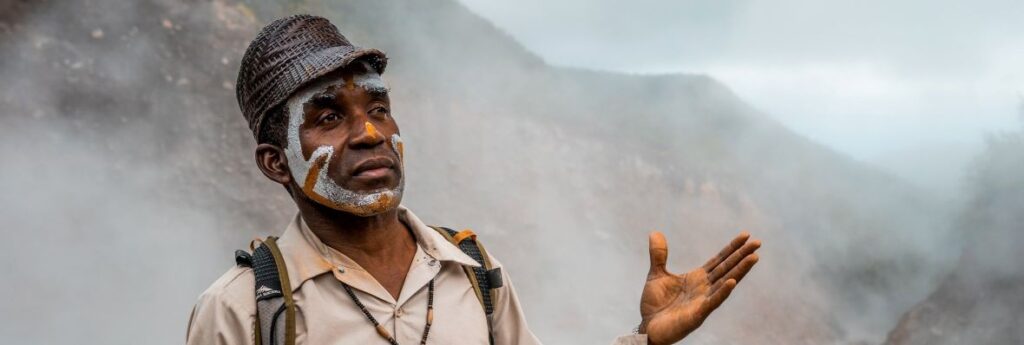With its international border re-opened to foreign visitors (Aug. 7), Dominica’s travel industry is looking forward to welcoming Canadians again – when they can get there, and when they can get home again.
The tiny island – which director of tourism Colin Piper routinely reminds should not be confused with its Caribbean cousin, the Dominican Republic – is a popular combo destination with neighbouring islands (and gateway hubs like Puerto Rico, St. Martin, Antigua, Saint Lucia and Barbados), but Piper admits that island hopping now might be “tricky.”
And with cruises not currently calling thanks to the pandemic and a lack of direct flights from Canada at the best of times, Canadians ought not be “fly and floppers” to get the most out of their visit, he advises.
Of course, once there, Canadians have to get home again, which is complicated by current COVID-19 quarantine protocols.
Nevertheless, Piper took to Zoom recently to update Canadians on what’s doing – or as they say in island creole, “sa ka fête” – in Dominica (properly pronounced “Domih-knee -ca”).
First and foremost, he declares that Dominica is “all about the rainforest and a never-ending list of outdoor activities.” With 66 percent of its territory covered by oceanic rainforest, the destination has been dubbed “the Nature Island,” a theme that dominates the tourism director’s top five reasons to visit:

• Nature: Misty rainforest, 365 rivers, countless waterfalls, hot springs, and the second largest boiling lake in the world are sure to have visitors green with envy.
• Land adventures: “You can walk it, you can hike it, you can run it, you can get rained in it,” says Piper, but hiking is the top activity, with over 500 km of trails and suitable options for all experience and fitness levels. More intrepid adventurers can engage in canyoning or rappelling a waterfall, while, bird watchers will find 167 records species to look for, including the Sisserou Parrot, the island’s national bird.
• Water adventures: A top dive destination, the island is known for its underwater bubbling hot air vents in the aptly named Champagne Reef. Whale-watching is another popular activity thanks to a resident population of sperm whales.
• Creole culture: The Caribbean’s largest remaining population of indigenous Caribbean people (Kalinagos) live in Dominica and maintain a strong culture, while general island culture and history (including slavery) is celebrated at annual carnival and events such as the World Creole Music Festival. While English is the official language, French creole is spoken widely throughout the island.
• Health & wellness: Visitors can become “one with nature” through simply experiencing the island’s natural habitat – walks in the rainforest, hot springs, and “water so pure you can drink from rivers and springs.” Or there’s yoga, slow-motion walking or a host of other disciplines. “A trip to Dominica is like a trip to a natural spa,” says Piper.
In sum, he adds, “We are off the beaten path and a paradise for travellers.”
What’s open
Accommodations: Dominica has 57 properties, ranging from budget to luxury, and many family run establishments with less than 10 rooms. Among those currently open are:
• Cabrits Resort & Spa Kempinski
• Rosalie Bay Resort
• Hotel The Champs
• Tamarind Tree Hotel
• Banana Lama Eco Villas
• Riverside Hotel
• Mango Garden Cottages (open upon request)
Attractions: All sites and attractions are currently open for visits except:
• Trafalgar Falls
• Middleham Falls
• Emerald Pool
• Segments 8,11 & 13 of the Waitukubuli National Trail (closed for rehabilitation works)
How to sell
If the fly-and-flop crowd is not Dominica’s base client, who is? Piper suggests recommending the island to adventure enthusiasts, those looking for “something different,” luxury-seekers who enjoy exploring at their own pace, and as a “once-in-lifetime transformational” experience for milestone travellers, i.e. honeymoons and anniversaries. “If they have no adventurous spirit, Dominica is not for them,” he emphasizes.
Another option is to “twin” it with a nearby island like Barbados or Saint Lucia for a day or two, he adds.
Travel counsellors can become a Dominica specialist through a five-module training course offered online at dominicaexpertscanada.com.
Pandemic protocols
Visitors must obtain a negative COVID-19 test (PCR) result recorded 24 to 72 hours before arrival then complete an online questionnaire at least 24 hours in advance and show their clearance to travel. Upon arrival, they will undergo a series of checks, including a rapid test screening. Should the passenger present any signals deemed unsafe, such as a positive test result, they will be quarantined at a government facility or a certified hotel.
On island, requisite health and safety protocols, such as social distancing and wearing masks in public places, must be observed.
The latest travel information can be found HERE.


